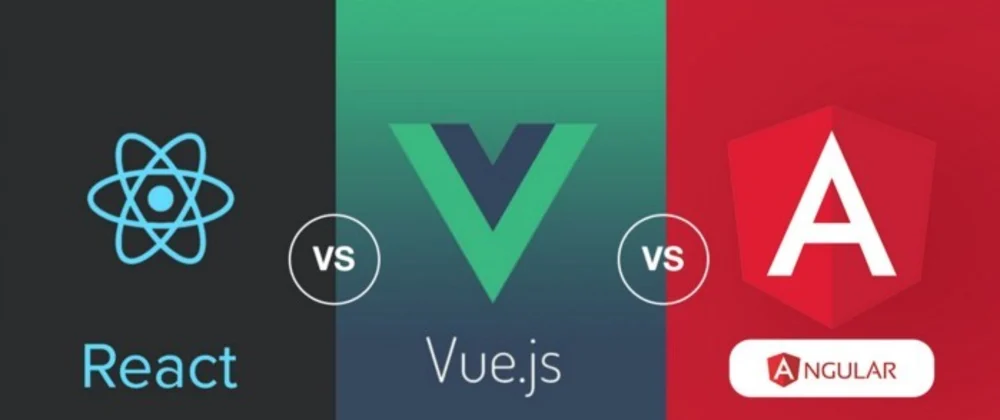React, Angular, and Vue are three popular JavaScript frameworks that have gained immense popularity among developers. Each framework has its own set of advantages and disadvantages, and choosing the right one for your project can be a daunting task. In this blog post, we will explore the pros and cons of React and compare it with Angular and Vue, along with their usage statistics.
Pros of React
React is known for its simplicity and reusability of components, which makes it easy to build complex user interfaces. Some of the key advantages of React are:
- Virtual DOM: React uses a virtual DOM, which allows for efficient rendering and updates, resulting in improved performance.
- Component-Based Architecture: React follows a component-based architecture, allowing for reusable and modular code, making it easier to maintain and scale.
- Large Community and Ecosystem: React has a large and active community, which means there are plenty of resources, libraries, and tools available to support development.
Cons of React
While React has numerous advantages, it also has some downsides that developers should consider:
- Steep Learning Curve: React has a steep learning curve, especially for beginners, due to its complex concepts such as JSX and virtual DOM.
- Lack of Opinionated Structure: React is a library, not a full-fledged framework, which means developers have to make decisions about state management, routing, and other aspects of the application.
- Boilerplate Code: React requires writing more code compared to Angular and Vue, which can lead to increased development time.
Comparison with Angular and Vue
Now let’s compare React with two other popular frameworks, Angular and Vue:
- Usage Statistics: According to the State of JavaScript 2020 survey, React is the most widely used framework, with 67.7% of respondents using it. Angular and Vue have 33.3% and 29.4% usage respectively.
- Learning Curve: React has a steeper learning curve compared to Vue, but it is considered easier to learn than Angular.
- Performance: React’s virtual DOM and efficient rendering make it highly performant. Angular and Vue also have good performance but may not be as efficient as React in certain scenarios.
- Community and Ecosystem: React has a larger community and ecosystem compared to Angular and Vue, which means more support and resources available.
- Opinionated vs. Flexible: Angular is an opinionated framework with a set structure and conventions, while React and Vue provide more flexibility and allow developers to make their own choices.
In conclusion, React is a powerful framework with numerous benefits, including its simplicity, reusability, and a large community. However, it also has some drawbacks, such as a steep learning curve and the need for writing more code. When comparing React with Angular and Vue, it is important to consider factors such as usage statistics, learning curve, performance, community, and flexibility. Ultimately, the choice of framework depends on the specific requirements of your project and the preferences of your development team.


